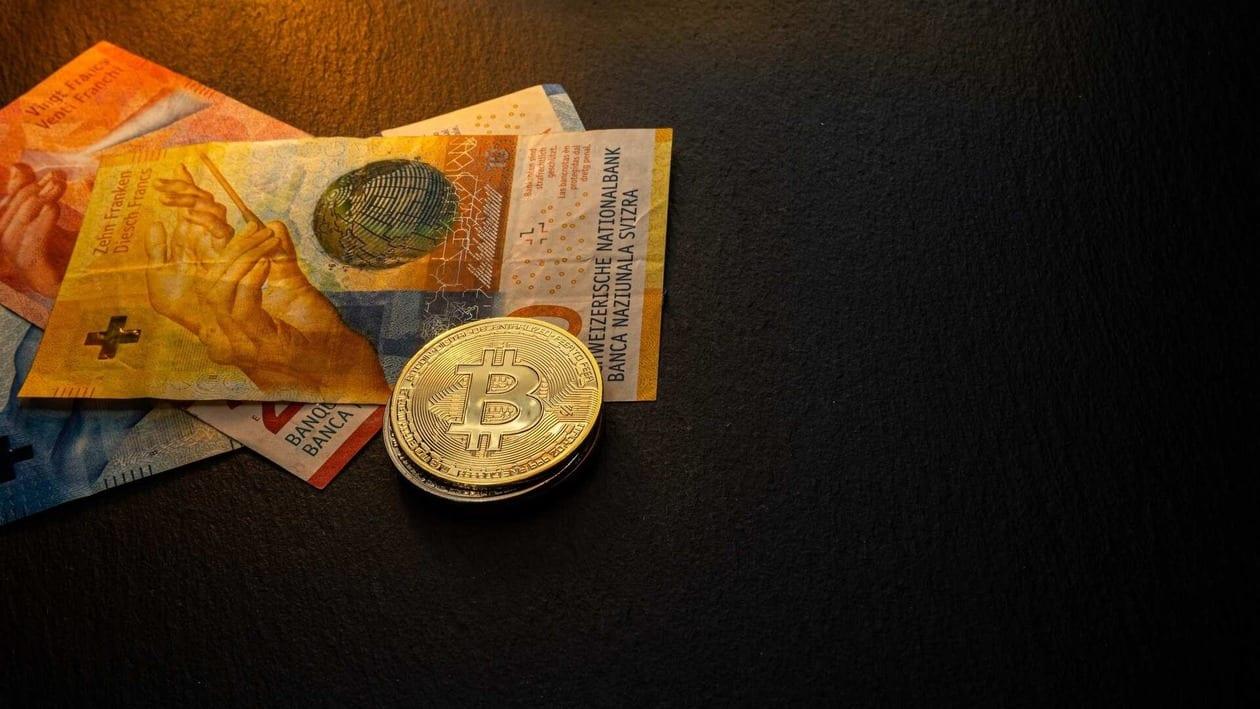Last week we took you through John Law's new life and the economy of France. This week we are talking about his efforts to repair the economy.
This plan of Law’s created cash flow, and the Mississippi Company was to be just a small part of the huge empire that Law would eventually create. The company acquired a monopoly in tobacco trading with Africa in September 1718.
The French government in 1719 took over Bank Generale, renaming it Bank Royale. Law opened branches outside Paris, in Lyons, Rochelle, Tours, Amiens and Orleans. Other private banks and money-lenders used Law’s banknotes to extend credit, his credibility with the Regent, the establishment and the commercial community was in no doubt. Perhaps this was when Law’s fortunes turned.
While he was handling Bank Generale, Law had the backing of assets to provide guarantee for the bank notes it issued, never exceeding 60 million livres. With the government taking over, the Regent issued an order to print notes to the value of one thousand millions of livres, without the necessary assets to back this order. This also gave Law’s enemies, who resented a foreigner having such power and influence over issues of the country’s economy, an opportunity to bring him down and so they would do later, the moment they got the chance.
The Regent dismissed D’Aguesseu, the chancellor, who opposed the reckless printing of paper money and the depletion of the gold and silver reserves of the treasury, appointing D’Argeson, a man who would do his bidding without question, to the position. This made the parliament all the more opposed to the Regent, and by extension the man he had reposed his trust in to take the French economy out of the red, Law. The new minister created five thousand new and smaller livres from the four thousand older and larger ones, wreaking havoc with the economy.
The Parliament saw the folly in this and perceived Law to be behind these decisions, calling for him to be arrested. He fled to the protection of the Regent, and he found himself safe from danger, he turned his attention to the Mississippi project again. In 1719, he got control of companies trading with China and the East Indies.
The company was now renamed as the Compagnie des Indes, but the name Mississippi Company stuck. With this, Law became the one person controlling all the trade France had with the rest of the world, beyond Europe. The company gained the rights to mint new coins for France, and then purchased the right to collect taxes in France.
In January 1720, Law officially was appointed the Controller General and Superintendent General of Finance of France. He was also the controller of the company handling all of the country’s foreign trade and colonial trade. He had, in effect, created one of Europe’s most successful conglomerates ever.
He issued additional shares in the company which could be paid for by bank notes, or government debt. The Mississippi Company shares rose in value and investors in France and across Europe dabbled in this new, lucrative market. Such was the craze to invest in this billets d’etats that three hundred thousand applications were received for fifty thousand new shares and the hordes descended upon Law’s house in the Rue de Quicampoix to get the allotments.
Public impatience grew to riotous levels. The highest society of France at the time, dukes, marquises, counts, waited in the streets outside his home to know if they had received allotments. Some took apartments in the street to avoid the frenzied throng. The value of the old shares increased by the day, and fresh applications were so numerous that he created three hundred thousand new shares at five thousand livres each hoping to let the Regent pay off the national debt with this amount.
(To be continued in the next column.)
References:
- Extraordinary Popular Delusions and the Madness of Crowds by Charles Mackay, 1841
- John Law and the Mississippi Bubble – 300 Years Later: Mises Wire, Mises Institute. Mises.org
- History of Hard Money: The Mississippi Bubble, Vaulted.com
Kirit Manral is a professional trader, and has been running a mentorship program in trading since 2019, with mentees from around the globe. He can be found on Twitter at @KiritManral
